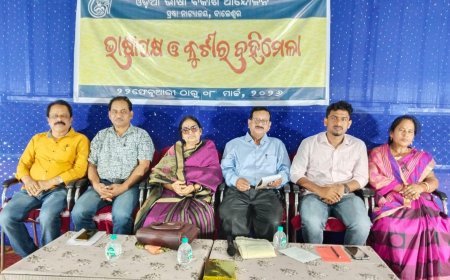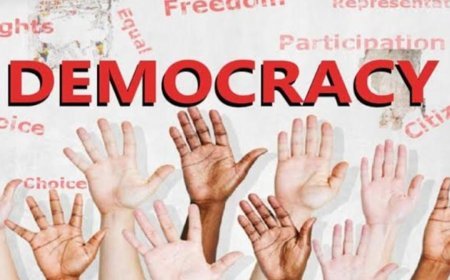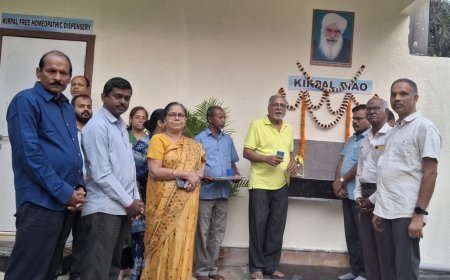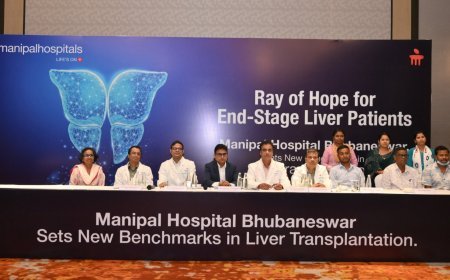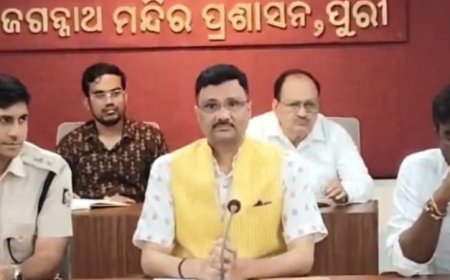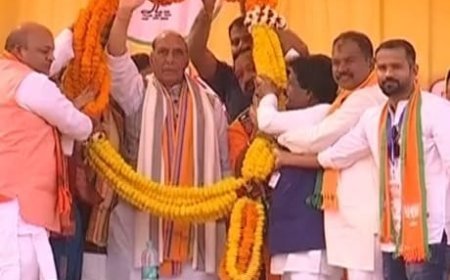MISSION SHAKTI ODISHA IS INSPIRATIONAL; DOMESTICALLY AND GLOBALLY
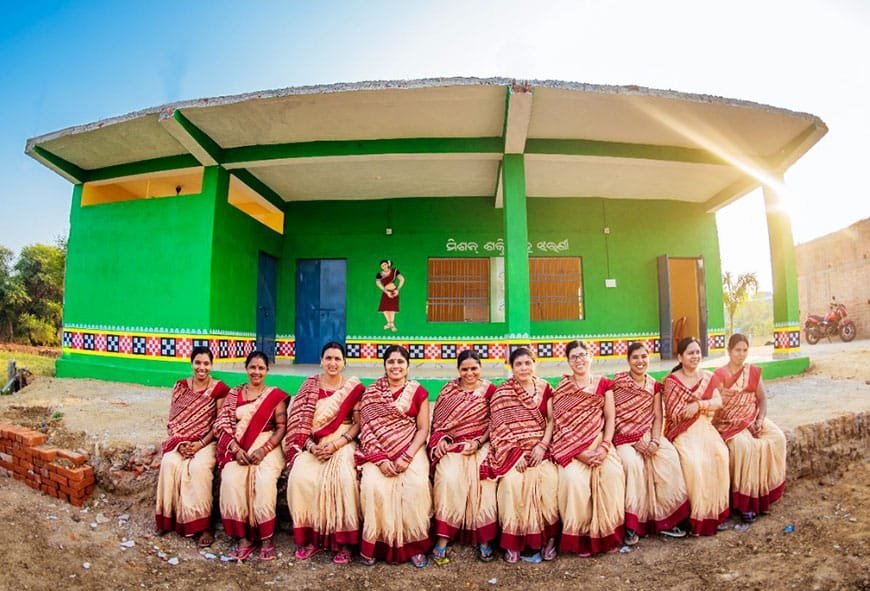
Bhubaneswar(27/10/2023)/The author of this piece Saaransh Mishra is an independent consultant in the intersection of HR Media & Communication: On the 11th of October 2023, the Chief Minister of Odisha Naveen Patnaik announced the launch of the “Mission Shakti Scooter Yojana”, which aims at distributing around 2 lakh scooters to women belonging to Self-Help Groups (SHGs) in the country.
Around 15,000 scooters were distributed in the first phase, and this is going to continue until the target number is achieved in various phases.
This empowering policy measure is only the latest development under the ambit of the Mission Shakti universe, which has arguably been one of the most impactful initiatives taken by any Government within our country, for as long as one can remember.
The initiative, very close to the Chief Minister’s heart, that was launched in 2001, with the objective of helping women attain economic liberation by enabling them to have independent employment and income, has scaled unimaginable peaks today.
With over 7 million members divided among 6 lakh Self-Help Groups (SHGs), it is fit to be considered a revolutionary step that stemmed out of the Government’s foresight more than 2 decades ago.
The scale at which this policy has been implemented, as the numbers suggest, is surely astonishing and commendable.
However, the laudability of the policy gets amplified as one looks at the multi-pronged effectiveness that this policy has for two reasons; a) it is a policy that is purely women-centric in a society that has been patriarchal and largely unfair to women for the vast majority of its existence, b) in a state like Odisha that is filled with tribal communities that have conventionally been devoid of education and exposure and are considered the most marginalized and backward of the lot, it gives the women in these communities the opportunity to break shackles that they would have never be able to even dream of.
To understand the humongous importance of policies like Mission Shakti, one needs to look at some of the important statistics that paint a grim picture of the status that women have in India even today when the society is progressing with immense rapidity.
According to data from UN Women, only 14.4% of the seats in the Parliament were occupied by women as of February 2021.
Data from UN Women also substantiates that that “As of December 2020, only 44.3% of indicators needed to monitor the SDGs from a gender perspective were available, with gaps in key areas, in particular: unpaid care and domestic work, key labour market indicators, such as the gender pay gap and information and communications technology skills.
In addition, many areas – such as gender and poverty, physical and sexual harassment, women’s access to assets (including land), and gender and the environment – lack comparable methodologies for regular monitoring.
Closing these gender data gaps is essential for achieving gender-related SDG commitments in India”. The National Family Health Survey-5 report that was released by Union Health Minister Mansukh Mandaviya revealed that nearly 30% of the women in the country between the age of 18-49 years have experienced physical violence since the age of 15 years and 6% of them have also faced sexual violence in their lifetimes so far.
Moreover, despite being a major issue, domestic violence has been systematically been under-reported in India due to the patriarchal bent of society that puts the onus predominantly on the victim due to factors such as embarrassment, fear of retaliation through more domestic violence, victim blaming and also financial dependency on the male members of their families.
Additionally, Odisha has the third largest tribal population in India with 62 Scheduled Tribe Communities, including 13 designated Particularly Vulnerable Tribal Groups (PVTGs) and 95% of these groups reside in rural areas.
These groups have been marginalized for generations without exposure and education, which puts the women in these communities at a further risk of being prey to patriarchal oppression.
Accounting for the aforementioned factors, Mission Shakti has given women from all communities, the platform to become self-sufficient and fend for themselves.
Although, there are a lot of other societal factors that have conditioned women over generations to adjust and sacrifice, initiatives such as Mission Shakti mitigate the financial dependence aspect of the problem that compel women to undergo oppression without raising their voices.
It is also noteworthy that the initiative is less about a pompous narrative of woman empowerment, but more about the tangible difference it endeavours to make, as symbolised by the statistics that tell a marvelous tale.
Pragativadi reports that credit flows to SHGs crossed Rs.11,000 crores in 2023, the average loan size has jumped from Rs.1.06 lakhs to Rs.3.01 lakhs today, bolstered by the State Government’s decision to provide zero interest loans up to Rs.5 lakhs.
Bank account usage among women in Odisha has also skyrocketed to 86.5% from a measly 56.2% back in 2015-16, according to the NFHS.
Furthermore, the Odisha Government has created convergence guidelines to incentivize the role of SHGs in different schemes which has created opportunities for more than 1 lakh SHGs and improved their economic status by generating a cumulative income of Rs.1226 crores in the last 4 years.
Lastly, more than 100 Mission Shakti Cafes have been set-up around the state to provide nutritious food to people, that have become a great source of revenue generation for SHG Members.
These cafes are estimated to have a daily footfall of 50-100 and average monthly earnings of Rs.50,000.
The Government of Odisha is doing a phenomenal job at setting an example for other states to follow suit where women-related issues are even more prevalent than in our state.
Replicating women-centric policy models such as Mission Shakti in other states and focusing on its diligent implementation, akin to the Government of Odisha’s approach, would be highly beneficial in improving India’s ranking on the Gender Equality Index which stands at an unenviable 127 of 146 nations in 2023.
Steps like these are not just inspirational domestically but also contribute massively towards the global landscape such as fulfilling the sustainable development goal of attaining Gender equality by 2030.
It also must be recognized that even though empowering women financially will surely not solve everything, it can be a huge step towards giving them an unshakeable foundation to stand up for themselves in the face of atrocity.








